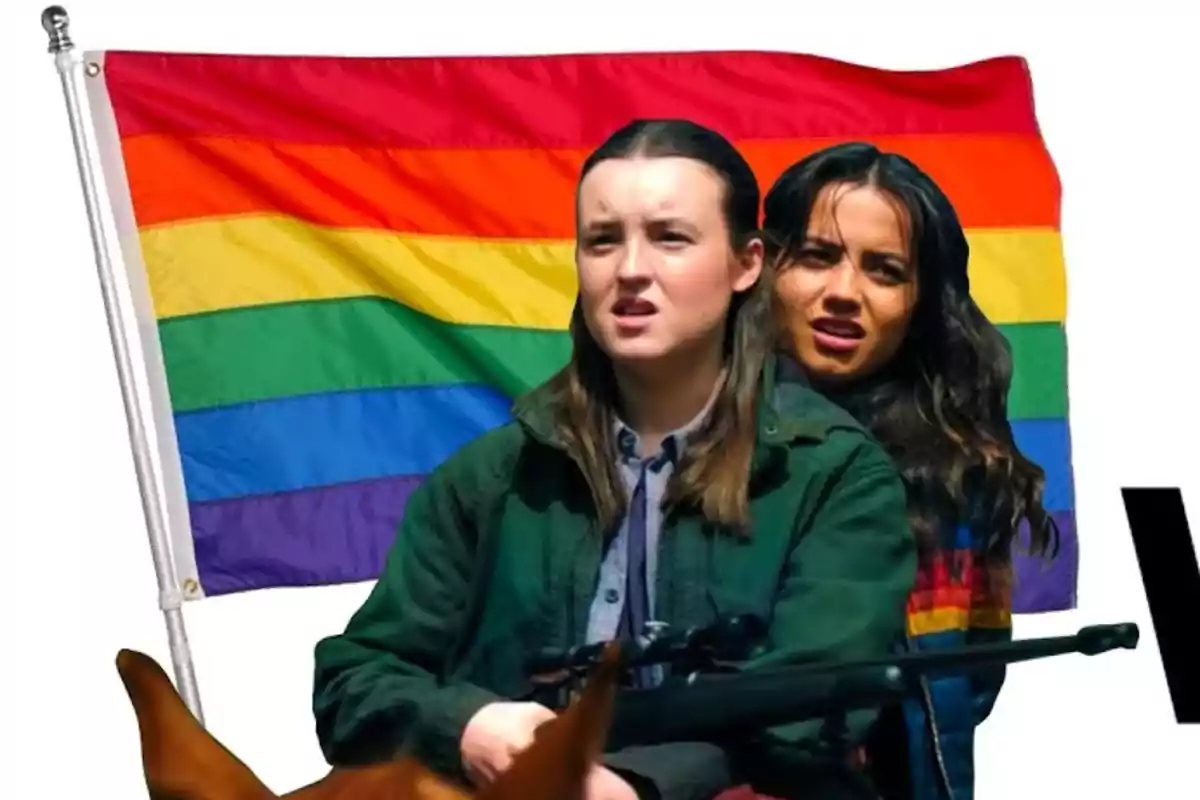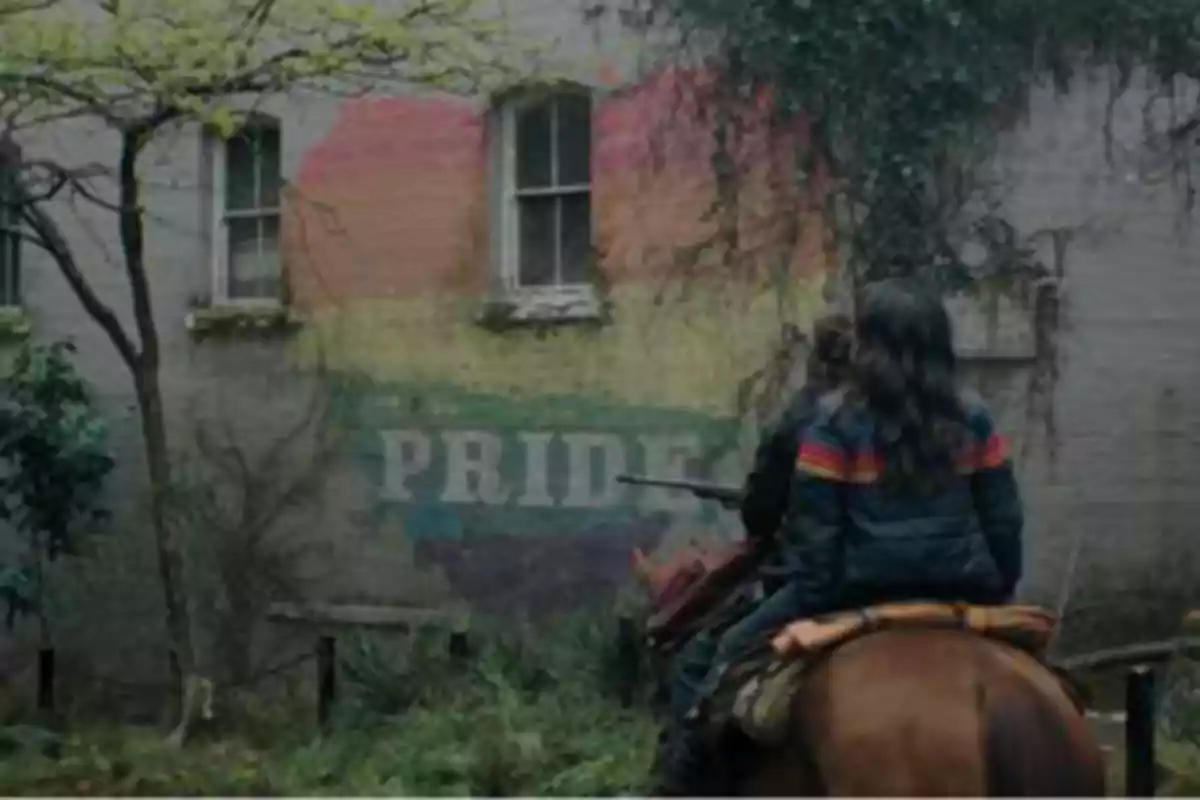
The audience for season 2 of The Last of Us dropped by 55% due to its woke content.
This season was the subject of harsh criticism due to an excessive number of progressive elements
The second season of The Last of Us concluded its cycle with a significant drop in viewership and a controversy that once again placed the influence of the “woke agenda” at the center of the debate regarding series narratives.
The production, which had captivated millions with its first installment, experienced a 55% reduction in viewers during the final episode, dropping from 8.2 million in the inaugural season to 3.7 million in this latest installment, according to official HBO data.

This decline coincides with a phenomenon seen in many other series. Season 2 was the subject of harsh criticism from a significant segment of the audience, who pointed out an excessive load of progressive elements, referred to as “woke”, which distorted the original essence of the story.
Criticism of the series
One of the main criticisms is directed at the romantic relationship between Ellie (Bella Ramsey) and Dina (Isabela Merced), especially in episode 4 ("Day One"). Viewers described the intimate scene between them as "forced inclusion" or "woke propaganda", arguing that the representation of a lesbian couple is prioritized over the main narrative of the series.
The annoyance itself doesn't lie in the existence of such characters, but in the disproportionate focus given to them at the expense of other elements of the story.
Additionally, changes in the narrative focus were questioned. The series prioritizes female characters (Ellie and Abby) and relegates male characters, such as Joel (Pedro Pascal), to secondary or tragic roles.

According to viewers, this is done in an attempt to promote a feminist or "anti-male" agenda. For example, the series is accused of "destroying" male characters to give excessive prominence to other less important characters, citing Joel's death in episode 2 as a turning point that "sacrifices" the hero to make way for narratives centered on lesbian women, LGBTQ+ characters and each one's sexual preferences.
On platforms like Rotten Tomatoes, "review bombing" reached unprecedented levels, with audience approval falling to 49%, in contrast to 87% in the first season.
This reorientation replied more to a progressive political agenda than to a natural evolution of the script, showing that woke ideology had supplanted the organic development of the plot.
This phenomenon is not new: The Last of Us Part II, the video game on which the series is based, already faced similar criticism for its narrative and representation of LGBTQ+ characters, accusations that appear to have been transferred and intensified in the television adaptation.
More posts: